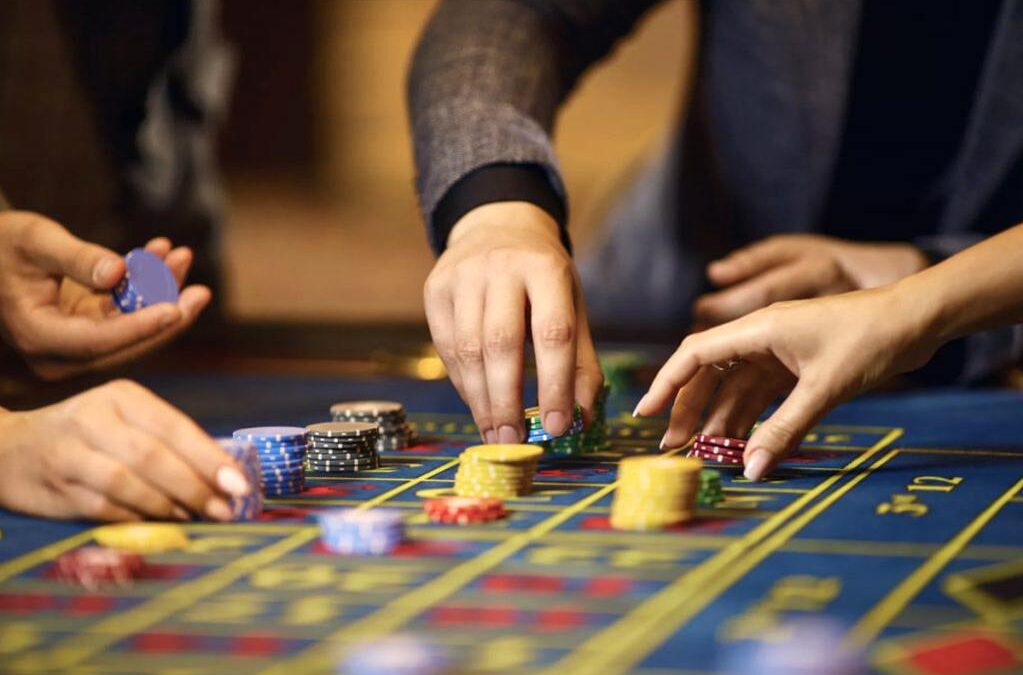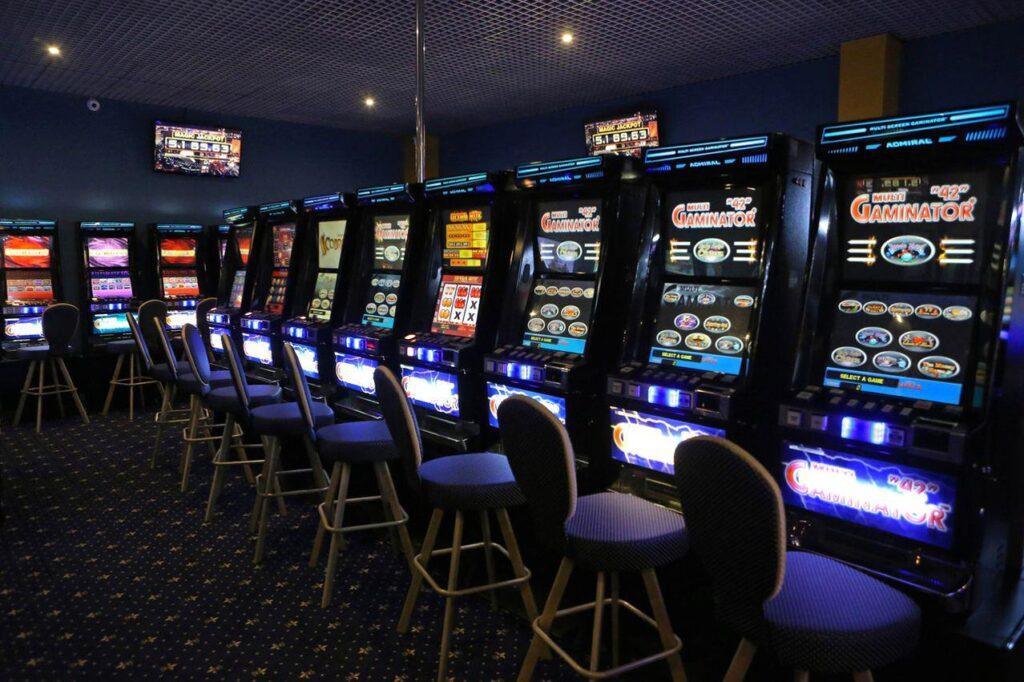
Gambling in Indigenous Cultures: Traditions and Challenges
Gambling as an activity has its roots in ancient civilizations, where it was not just a means of entertainment, but also an important sociocultural practice. While Las Vegas high-rises and digital casinos are popular symbols of gambling today, it is important to recognize the deeply rooted traditions in indigenous cultures. These traditions not only provide insight into their unique customs, but also highlight the challenges these communities face in the modern era.

Traditional Indigenous Gambling Structure
In indigenous cultures, gambling was more than just a game of chance. It was inextricably woven into their daily lives, denoting important cultural, spiritual and social connections.
Ritual Significance: For many indigenous tribes, gambling was not just about winning or losing. It was seen as a ritual, often associated with significant events such as harvest festivals, rites of passage, or even the appeasement of deities. The games played were not just for entertainment; they had a deep spiritual meaning.
Social cohesion. In many First Nations communities, gambling was a social event. They brought together people of different age groups, genders and social classes, strengthening a sense of unity. These events also provided opportunities for tribes to establish or strengthen social hierarchies and roles.
Economic Significance: Trade and barter were common in indigenous cultures, and gambling often played a crucial role in these exchanges. Wins and losses in gambling can result in the transfer of important resources such as food, tools, or even territory.
Popular Indigenous Gambling Games
Understanding the traditional games of these cultures allows us to better understand their values, beliefs and way of life.
Games with sticks and cubes. These games, common among the indigenous tribes of North America, often involved shaking and tossing carved sticks or dice. The position and nature of their fall determined the outcome.
Slahal: A popular game among the Native American tribes of the Pacific Northwest. Slahal is a guessing game that uses hidden tokens. It was believed that this game was not only just entertainment, but also influenced the supernatural.
Latte Stone Races: In the Mariana Islands, the ancient Chamorro people raced using latte stones, large pillars of stone. Betting on these races was common practice.
Contemporary problems with gambling among indigenous peoples
As the world develops, local gambling practices face a number of challenges:
Cultural erosion. Modern gambling options such as casinos and online platforms have eclipsed traditional gaming. Younger generations, attracted by the glamor of modern gambling, often lose sight of the cultural richness of the games of their ancestors.
Regulation and control. Many governments have imposed strict controls on gambling, which has impacted traditional practices in indigenous communities. While regulations are often aimed at the broader public good, they sometimes fail to take into account the cultural importance of gambling in these communities.
Economic exploitation. The commercialization of gambling poses another challenge. Many indigenous communities rely on casinos as a source of income. However, not all businesses turn out to be profitable, which leads to economic stress.
Social Issues: With the rise of commercial gambling, drug addiction and related social issues have become a concern in Indigenous communities. Traditional gambling was more controlled and had cultural checks and balances. New forms can sometimes lead to an uncontrollable gambling habit.
Embracing the future, respecting the past
A balanced approach is needed to further preserve local gambling traditions. Communities must find ways to integrate their rich traditions into the modern world, ensuring that their unique practices are not only preserved, but celebrated. Collaborative efforts by community leaders, governments and global organizations can pave the way for sustainable and culturally respectful gambling practices in the future.
Digitalization and its impact
The digital era has brought about the emergence of online casinos and gaming apps, further revolutionizing the gambling industry. For indigenous communities this is a double-edged sword:
Wider audience: Online platforms provide an opportunity to showcase traditional gambling to a global audience, promoting cultural understanding and acceptance.
Loss of social interaction. Traditional gambling is not just a game. It was about shared experiences, stories, songs and dances. Online platforms, while convenient, often lack these important social components.
Initiatives to revive traditional practices
Recognizing the challenges posed by the modern world, various initiatives aimed at preserving local gambling traditions:
Cultural Festivals: Many communities now host festivals where traditional games are played, allowing the younger generation to experience their rich heritage.
Educational Programs: Workshops and seminars are organized to educate community members about the meaning, rules and nuances of traditional games.
Cooperation with game developers. Some communities are collaborating with game developers to create digital versions of traditional games, ensuring their preservation and advancement in the modern era.

Conclusion
Gambling in indigenous cultures is rich and varied. While we admire the wonders of modern gambling, let us not forget the deep traditions and practices from which it originated. By understanding and respecting these traditions, we take a step towards a more inclusive and culturally rich world.





